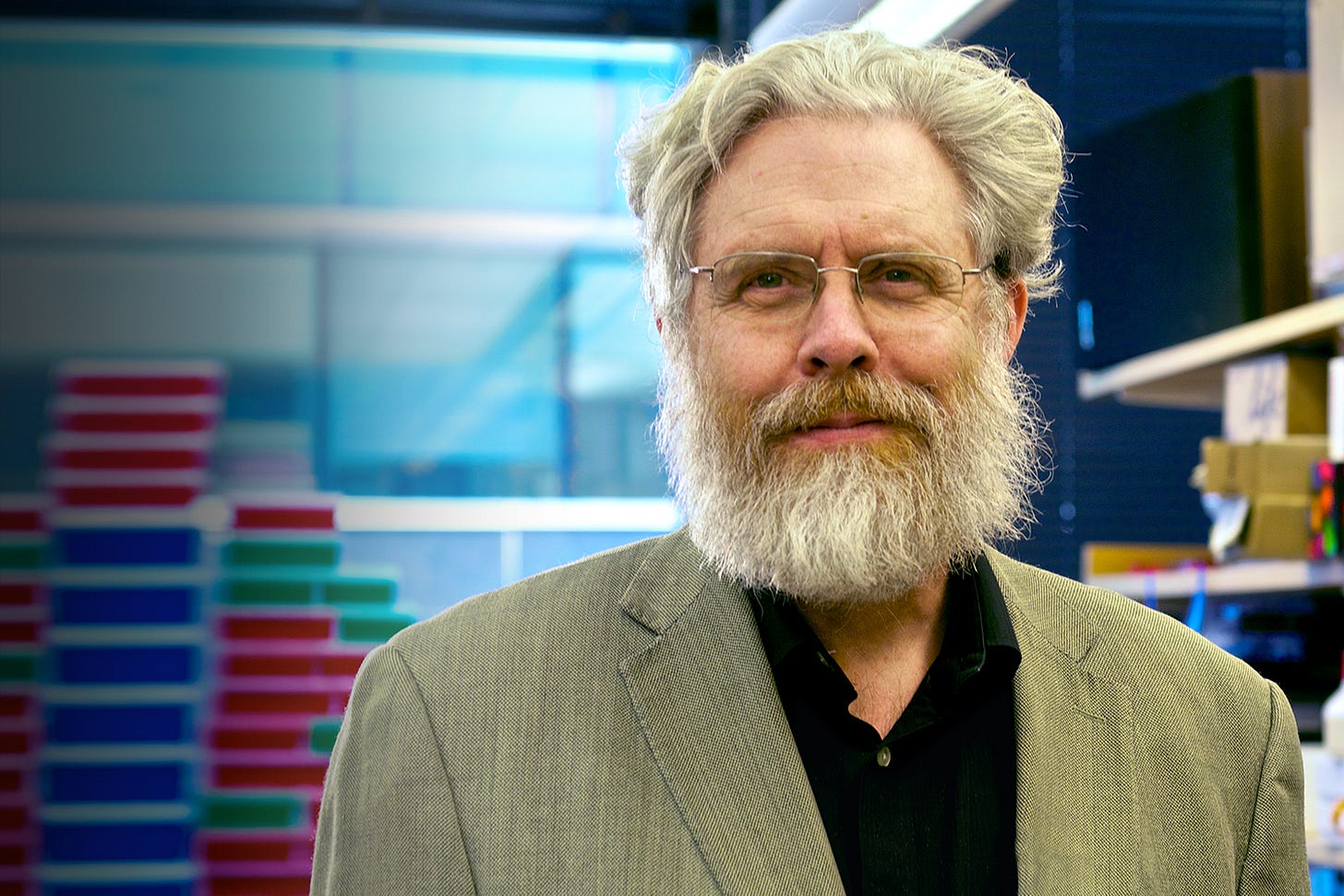BIOS: Nucleus of Life Science Innovation 🚀
JOBS
BIOS Talent: Find Jobs @ Breakout TechBio Startups — Search Jobs 🚀
Post Jobs: Add Your Startup to BIOS Talent — Post Now 🎉
Students: Join Alix Ventures Fellowship — Join Now 🧬
BIOS Contributor: Share Your Thought Leadership — Join Now🔬
CONTENT & COMMUNITY
BIOS Daily: Join 25K+ Subscribers Following TechBio — Sign Up 🔥
BIOS Insider: Premium TechBio Thought Leadership — Sign Up ✨
BIOS Commons: World’s Largest #TechBio Community — Join Now 🎉
INVEST
BIOS Angels: 1st TechBio Angel Investing Syndicate — Join Now 🌟
Alix Limited: Invest in Breakout TechBio Startups — Learn More 🧠
By:
Alix Ventures: Supporting Early Stage Life Science Startups Engineering Biology to Drive Radical Advances in Human Health
Overview
Behind every transformative technology is a team of brilliant scientists and researchers. Academic research in particular is a driving force for technological innovation. Here, we have identified a ‘Midas List’ of researchers who have pioneered highly transformative technologies that have translated to the clinic. Using venture backed startups as a primary guide along with other impact metrics such as patents, citations, and thought leadership, the following professors have demonstrated patient impact, providing significant contributions to the startup ecosystem.
Harvard University, rated by Nature as the number one institution for life sciences in 2018, lives up to its strong reputation as an academic powerhouse with almost 10,000 full time faculty members and 15 Nobel Prize winners among its staff and alumni. Located in Boston, one of the largest life sciences hubs in the world, Harvard leads the world in a variety of sectors. Noteworthy for their work in biologically inspired engineering, Harvard’s Wyss institute alone has over 2,469 publications to their name, 3,483 patent filings, and 44 startups and counting. We would like to present to you 10 researchers who have made a significant contribution to the entrepreneurial ecosystem of the university and a deep impact in the way we approach modern medicine today.
We asked the ever incredible George Church to comment on how Harvard fosters entrepreneurial environment & what entrepreneurship means to him:
Entrepreneurship to me is an opportunity to translate and scale-up ideas, inventions and research momentum into products of positive societal impact. Harvard OTD is very helpful with keeping MTAs, patents, SRAs, and licenses moving forward. The Wyss Institute gives additional support via "Validation Projects" and "Institute Projects" aimed at commercial translation.
— George Church
George Church
George Church leads synthetic biology and genetics research at the Wyss Institute of Biological Inspired Design. Church’s 1984 Harvard PhD included the first methods for direct genome sequencing, molecular multiplexing & barcoding. This led to the first genome sequence (pathogen, Helicobacter pylori) in 1994. His innovations have contributed to nearly all “next generation” DNA sequencing methods and companies (CGI-BGI, Life, Illumina, Nanopore). Dr. Church currently directs one of the most entrepreneurially prolific labs, the Church Lab, which leads a variety of projects including directed evolution of molecules, polymers, whole genomes, technology for synthesizing whole genes, and engineering whole genomes.
Church has published 625 papers, 155 patents, and authored the book “Regenesis”.
The Church Lab has spun out over 45 venture funded startups including: Dyno Tx, 64x Bio, Rejuvenate Bio, amongst many others
Church has also co-founded industry defining companies including: Editas Medicine, eGenesis, & AbVitro (Acquired by Juno/Bristol Myers Squibb).
Learn more about Pam Silver’s work on BIOS: 10 Questions Series
Learn more about George Church’s work on BIOS Podcast: Listen Now



